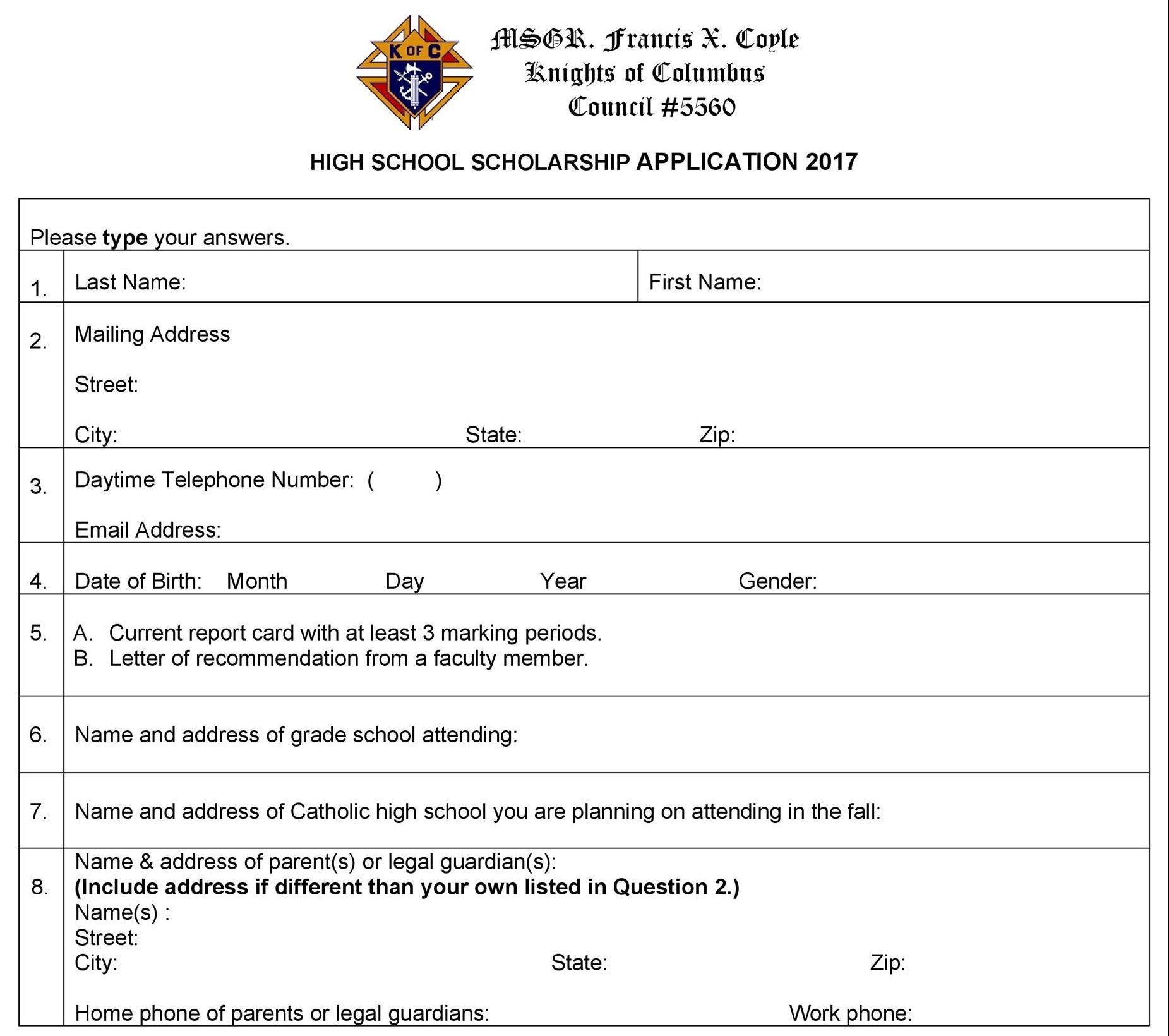The path to a PhD is a demanding yet exhilarating journey. It’s a chance to delve deep into a specific field, push the boundaries of knowledge, and make a significant contribution to your chosen discipline. However, the financial burden of doctoral studies can often feel like a formidable mountain to climb. This is where PhD scholarships come in, offering a crucial lifeline to aspiring researchers.
This comprehensive guide equips you with the tools and knowledge to navigate the challenging, yet ultimately rewarding, process of applying for PhD scholarships. From identifying the right opportunities to crafting compelling applications, we’ll guide you through each step, empowering you to secure the financial support your research dreams deserve.
Unveiling the Scholarship Landscape: A World of Opportunities
The world of PhD scholarships is vast and diverse. Funding can come from a variety of sources, each with its own eligibility criteria and application process. Here’s a glimpse into the different types of scholarships you might encounter:
-
University Scholarships: Many universities offer scholarships specifically designated for their PhD programs. These scholarships often aim to attract top talent and can cover a significant portion, or even the entirety, of tuition fees and living expenses.
-
Government Scholarships: National and international government bodies offer scholarships to support research in specific fields aligned with national priorities. These scholarships can be highly competitive but often provide generous funding packages.
-
Research Council Scholarships: Research councils dedicated to specific disciplines, such as science, engineering, or humanities, offer scholarships to support high-quality doctoral research within their areas of focus.
-
Industry-Sponsored Scholarships: Private companies may offer scholarships to PhD students conducting research relevant to their industry needs. These scholarships often come with internship or job opportunities after graduation.
-
Charity and Foundation Scholarships: Charitable organizations and foundations may offer scholarships in specific fields or to students from underrepresented backgrounds.
Remember: This list is not exhaustive, and exploring a diverse range of scholarship opportunities is crucial to maximizing your chances of success.
Choosing the Right Scholarship: Aligning Your Aspirations with Funding Opportunities
With so many scholarships available, selecting the right ones requires a strategic approach. Here are some key factors to consider:
-
Your Research Area: Align your scholarship search with your specific research interests. Look for scholarships that support research in your chosen field or closely related areas.
-
Eligibility Criteria: Carefully scrutinize the eligibility requirements for each scholarship. These may include academic qualifications, research experience, nationality, or specific research proposals. Ensure you meet all criteria before applying.
-
Funding Coverage: Consider the financial support offered by each scholarship. Does it cover full tuition fees and living expenses, or just a portion? Does it offer additional benefits like research funds or travel grants?
-
Application Deadlines: Be mindful of application deadlines. Missing deadlines can automatically disqualify you. Start your research early and set realistic timelines for completing application materials.
-
Matching Your Values: Some scholarships may prioritize specific research areas or societal impacts. Look for scholarships that align with your research goals and personal values.
Crafting Your Application: Showcasing Your Research Excellence
A well-crafted PhD scholarship application is your chance to shine. Here are key elements to focus on:
-
A Compelling Research Proposal: This is the heart of your application. Clearly articulate your research question, methodology, and expected contribution to the field. Demonstrate a strong grasp of existing literature and a well-defined research plan.
-
Stellar Academic Transcripts: Your academic record reflects your ability to excel at rigorous coursework. Strong grades, particularly in subjects relevant to your research, will bolster your application.
-
Powerful Letters of Recommendation: Request letters of recommendation from professors familiar with your research interests and academic potential. Choose individuals who can speak to your work ethic, research skills, and potential for success as a PhD student.
-
A Polished Personal Statement: This statement should showcase your passion for research, your career aspirations, and why you are the ideal candidate for the scholarship. Highlight your relevant experience, research background, and skills that equip you to thrive in a PhD program.
-
Research Experience: Demonstrable research experience can significantly strengthen your application. Prior research experience, publications, or presentations showcase your aptitude for research and commitment to the field.
Remember: Tailor your application materials to each scholarship opportunity. Highlight aspects of your research that resonate with the scholarship’s specific focus and funding goals.
Beyond the Application: Tips for Success
Securing a PhD scholarship is a competitive process. Here are some additional tips to increase your chances of success:
-
Network with Researchers and Scholars: Build relationships with researchers and scholars in your field. They can offer valuable insights into your research area, potential funding opportunities, and even connect you with potential supervisors for your PhD program.
-
Practice Makes Perfect: Refine your application materials by practicing interview skills and preparing for potential interview questions.
-
Apply Strategically: Don’t limit yourself to a single application. Cast a wide net and apply for a diverse range of scholarships to maximize your chances of success.
-
Rejection is Not the End: Don’t be discouraged by initial rejections. Each application provides valuable experience. Analyze feedback, refine your approach, and keep applying to new opportunities.
-
Celebrate Your Achievements: Securing a scholarship nomination or interview is a cause for celebration. Recognize your hard work and dedication throughout the application process.
Beyond the Scholarship: Embracing the PhD Journey
A PhD scholarship can be a significant stepping stone on your academic journey. But remember, the scholarship is just the beginning. Prepare for a demanding yet rewarding path filled with challenges and opportunities. Here are some additional points to consider:
-
Choosing the Right Supervisor: Selecting the right supervisor can significantly impact your PhD experience. Seek a supervisor whose research aligns with your interests and who can provide guidance and support throughout your doctoral studies.
-
Time Management and Organization: Mastering time management and organization skills is crucial for success in a PhD program. Develop strategies for balancing coursework, research, writing, and other commitments.
-
Building a Support Network: Surround yourself with a supportive network of fellow researchers, professors, and mentors. They can offer invaluable advice, encouragement, and collaboration opportunities.
-
The Importance of Wellbeing: Prioritize your physical and mental well-being throughout the PhD journey. Engage in activities that promote stress management, maintain a healthy balance, and don’t hesitate to seek support if needed.
Remember, a PhD is an investment in your future. By securing a scholarship and diligently navigating the challenges, you pave the way for a fulfilling academic career and the opportunity to make a significant contribution to your chosen field. Embrace the journey, commit to excellence, and let your research dreams take flight.




